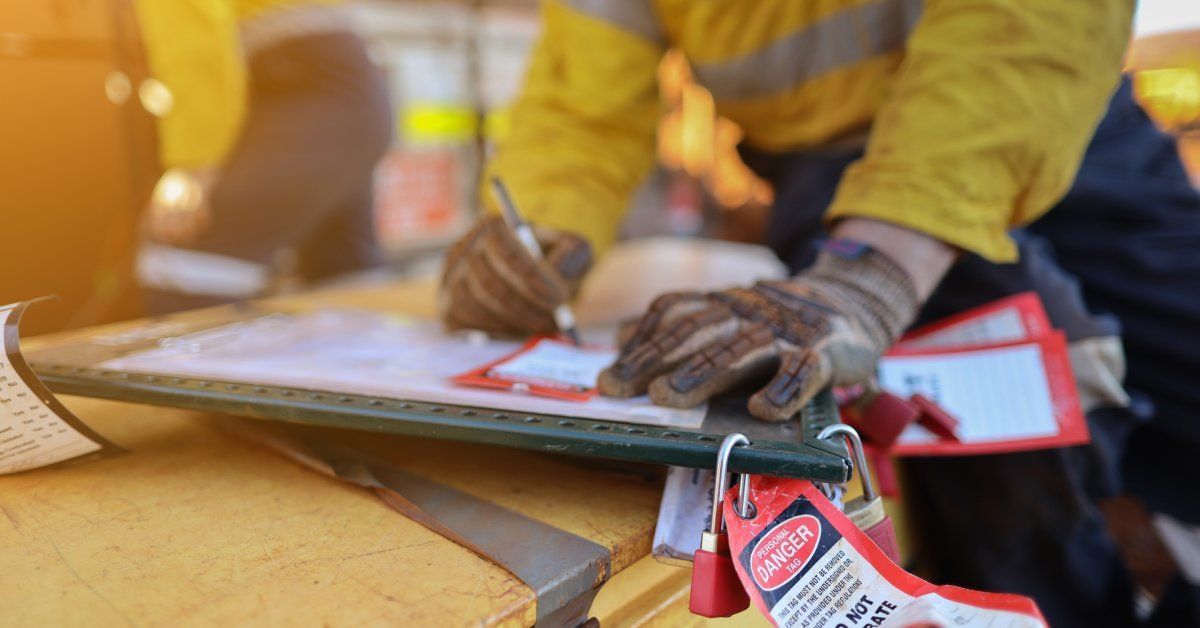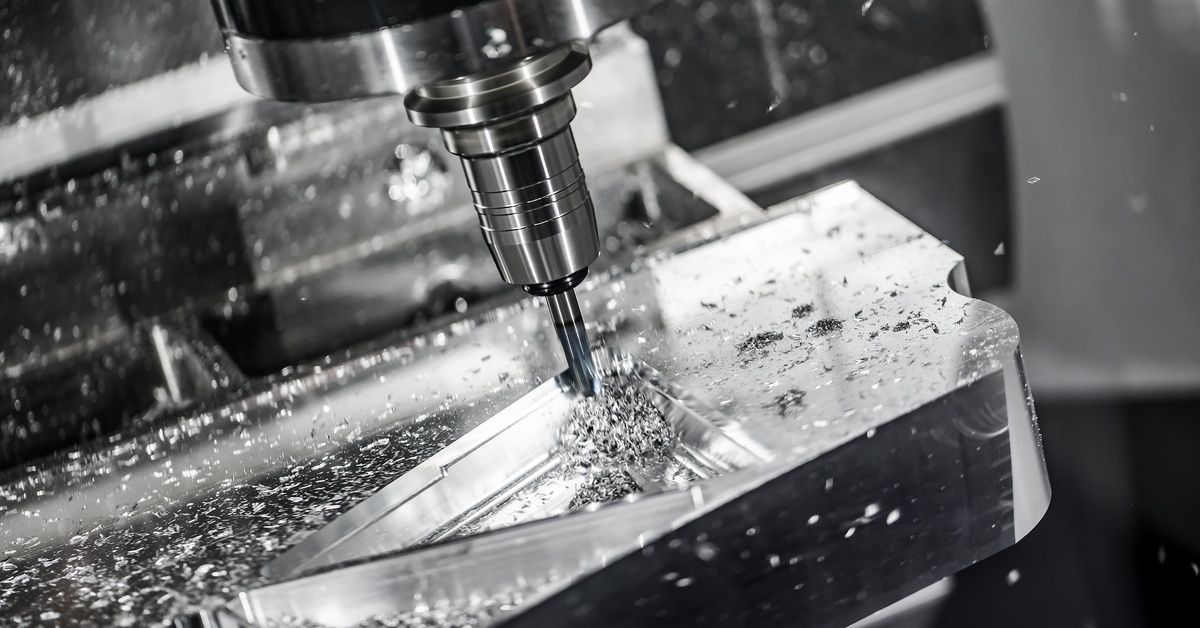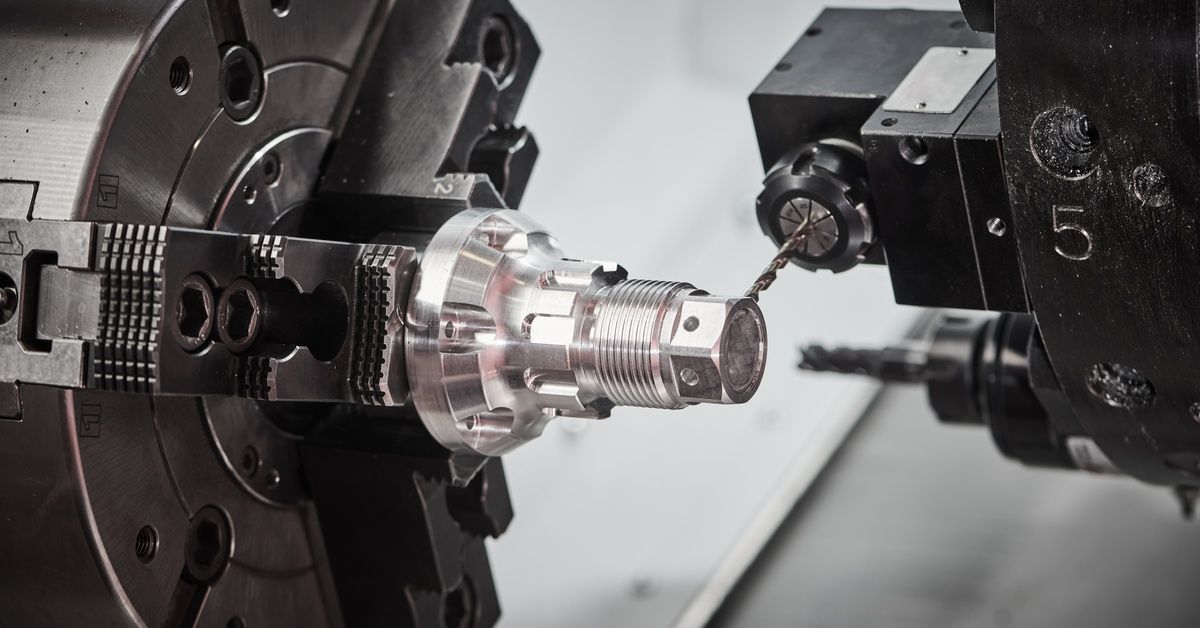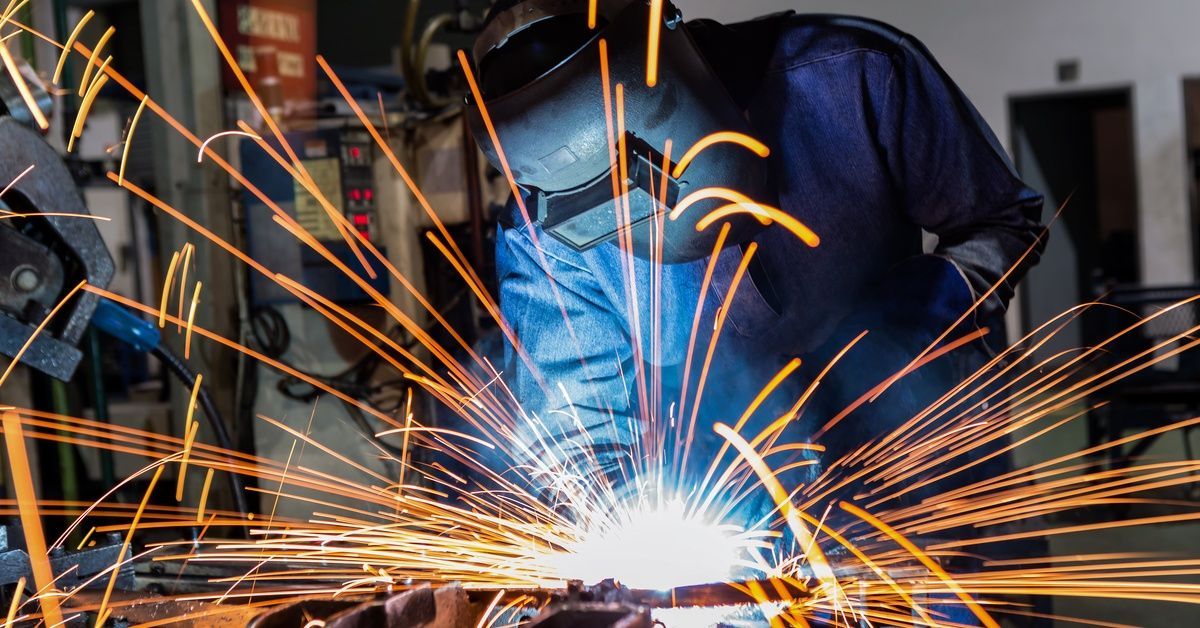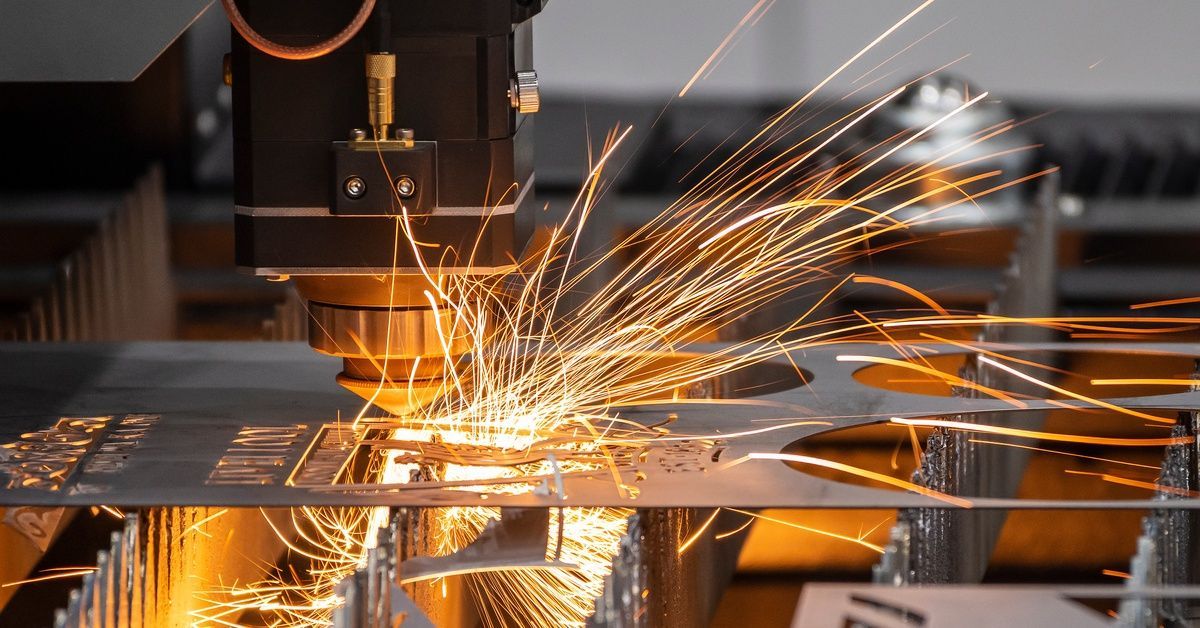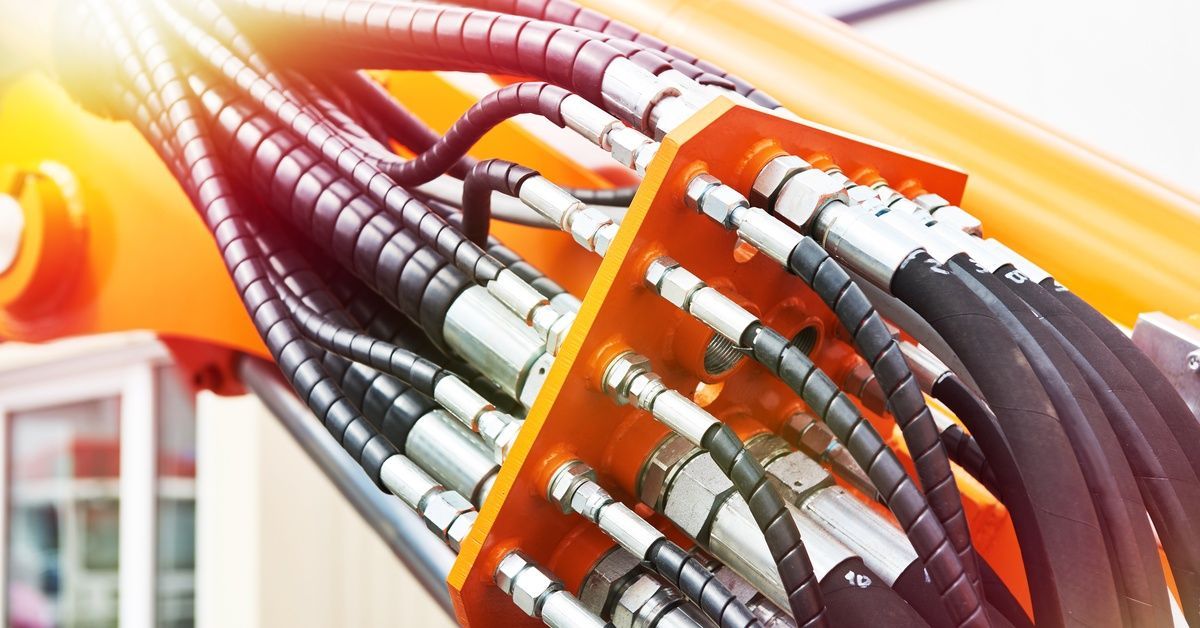5 Sheet Metal Fabrication and Assembly Tips
Sheet metal fabrication is a crucial skill in manufacturing, DIY projects, and small business operations. Whether you're creating custom parts, repairing equipment, or starting a new project, mastering this art can save you time and money while also enhancing the quality of your work.
With these essential tips and techniques for effective sheet metal fabrication and assembly, you'll have no problem completing your next project.
1. Gathering Essential Tools
To get started with sheet metal fabrication, you'll need a few essential tools. A metal shear or snips are necessary for cutting, while a brake or bending machine helps shape the metal.
For assembly, rivet guns, welding equipment, and various fasteners are indispensable. Investing in quality tools can make a significant difference in the ease and precision of your work.
2. Selecting the Right Materials
Choosing the appropriate material for your project is crucial. Consider factors such as strength, weight, conductivity, and corrosion resistance.
For instance, if you're building a lightweight structure, aluminum might be your best bet. If you're working on projects requiring high durability and strength, stainless steel is an excellent choice.
3. Prioritizing Safety First
Safety should always be a priority when working with sheet metal. Wear appropriate protective gear, including gloves, safety glasses, and hearing protection.
Ensure your workspace is well-lit and free of clutter. Familiarize yourself with the operation of your tools and follow all safety guidelines.
4. Exploring Techniques
Mastering sheet metal fabrication requires not only the right tools and materials but also a variety of techniques to achieve precision and efficiency. Exploring different methods for cutting, bending, and joining will allow you to choose the best approach for assembling your components.
Each technique plays a critical role in ensuring the longevity and functionality of the finished product, making practice and expertise vital for any fabricator.
5. Choosing DIY vs. Professional Fabrication
When considering sheet metal fabrication, one of the primary decisions revolves around whether to undertake the project yourself or hire professionals. DIY fabrication allows for greater flexibility, creativity, and cost savings, especially for smaller projects or when creating custom parts.
On the other hand, professional fabricators bring expertise, advanced equipment, and industry knowledge to the table. By partnering with custom metal fabricators who understand your needs, you can ensure you get the results you want the first time.
Achieving Exceptional Results in Your Projects
Sheet metal fabrication is an essential skill for creating high-quality projects with confidence. For those looking to take their skills to the next level, these five sheet metal fabrication and assembly tips may be just the ticket.
With practice and dedication, you can master the art of sheet metal fabrication and assembly, achieving exceptional results in your projects every time.
